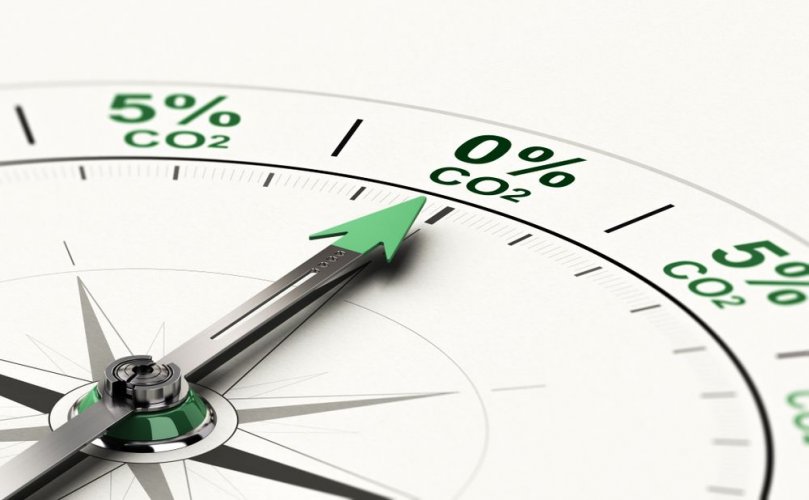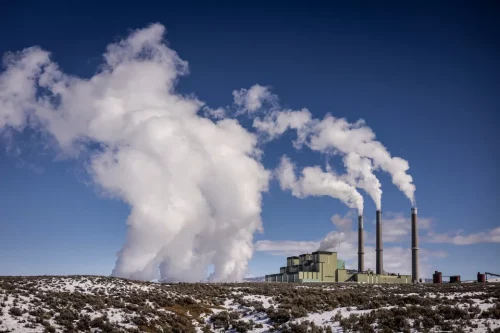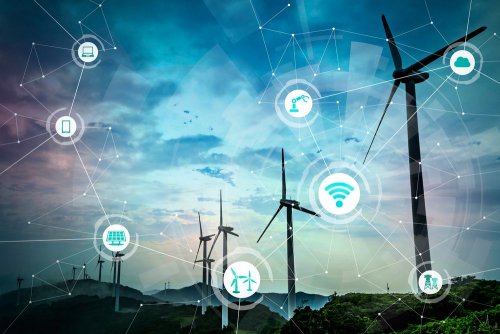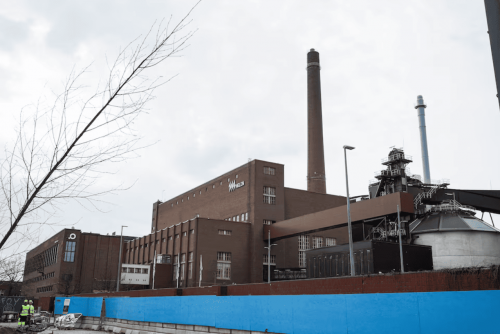The EU is pursuing an overly ambitious and expensive decarbonization policy, while member states struggle to guarantee the necessary energy supply and struggle to keep gas storages full.
This was stated by Dimitar Lilkov, a senior researcher at the Wilfrid Martens Center for European Studies in Brussels, who called the EU's climate and energy strategy alarmingly bipolar, reports EURACTIV.
The article noted that, at first glance, the climate agenda of the EU is in full swing. After all, the European Parliament reached an internal compromise on the reform of the Emissions Trading System (ETS) and CBAM, and the European Commission presented an ambitious plan to end the EU's dependence on russian fossil fuels.
However, the situation on the ground is deteriorating.
"European capitals are trying to cope with one of the most devastating energy crises in the history of the Union. In less than a year, wholesale electricity prices have doubled and sometimes even tripled across the continent, while spot prices for gas and crude oil are reaching record highs," the report said.
So Italy, Spain, France and Germany spent 30 to 40 billion each in a few months to soften the blow for households and industry. The russian company "Gazprom" has completely stopped or significantly reduced the supply of natural gas to at least 10 EU countries, which makes politicians worry about the rationing of electricity in winter. Germany has already started to limit hot water, dim street lights and urge citizens to save energy.
Increasing LNG imports from alternative sources is vital, but terminal infrastructure and global supply remain limited.
Anticipating an energy disaster, national governments are burning more coal and reopening dirty power plants across Europe.
There is a growing discrepancy between the EU's climate goals and the harsh realities on the energy front. Expect this gap to widen as the crisis may last longer than a few months.
"The EU must stand its ground and try to keep national governments under control so that the long-term transformation of the European economy remains one of our common priorities," the article emphasized.
However, the political inertia within the Commission and its obsession with easy and unrealistic solutions may undermine its credibility as a competent mediator on climate and energy issues. Or to convince that current climate policy is designed for favorable conditions that are not characteristic of a post-pandemic economy, active warfare and a looming global recession.
The EC is pushing to increase the EU's renewable energy target to 45% by 2030, but around half of member states are below 20%. In addition, 60% of RES in the EU is actually produced from biomass (burning wood and crops).
Lilkov noted that RES remain extremely important for common European interests, but their intermittency, low power density and limited storage properties unfortunately limit their positive impact.
The commission proposed a joint procurement mechanism that would negotiate gas contract prices on behalf of participating countries, under an adapted procurement principle for the COVID-19 vaccine. However, national capitals have long-term bilateral contracts with suppliers and prefer to have the autonomy and flexibility to negotiate on their own.
Only a few EU member states are interested in participating in such a joint procurement mechanism.
Also of concern is Brussels' focus on renewables, hydro and heat pumps, as these targets are expensive, time-consuming to achieve and insufficient to offset current fossil fuel infrastructure.
"Unfortunately, the EU's climate and energy strategy has become alarmingly bipolar. Brussels will try to maintain its position as a global beacon of decarbonization and pursue an overly ambitious and expensive policy. At the same time, the national capitals will desperately try to guarantee the necessary energy supply and fight for gas storages to be filled and lit," Lilkov stressed.
The EU, which is responsible for less than 7% of global greenhouse gas emissions, plays an important role in encouraging international partners to make their own contributions. However, the rest of the global polluters have been far from reducing their own carbon emissions over the past decade.
"Like it or not, expect European politicians to become ruthless on energy and extremely pragmatic on climate," he added.
Earlier, EcoPolitic wrote, that in France, energy-intensive companies are transferring theirs gas boilers for operation on fuel oil, oil and coal to avoid power outages in the event of further reductions in Russian gas supplies.
As EcoPolitic previously reported, the four largest political groups of the European Parliament submitted joint amendments to the revised law on energy efficiency and propose to raise the target energy savings up to 14.5% until 2030.





